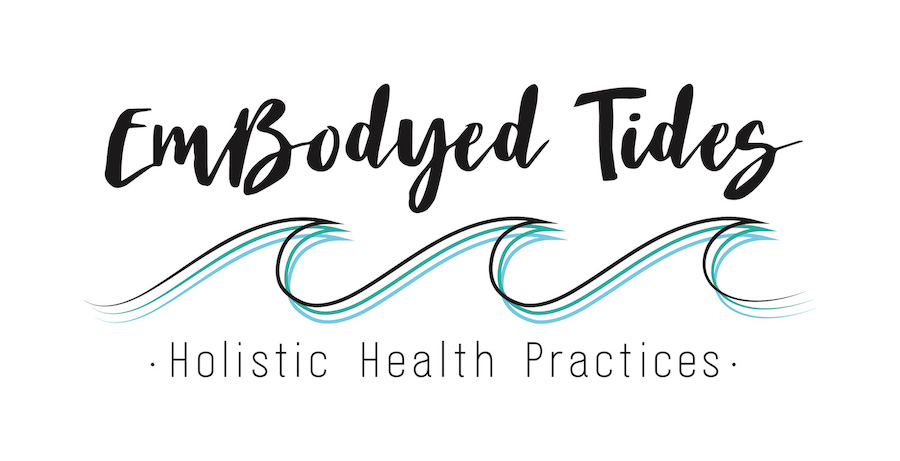Hey there.
Yes you, Mama. I see you.
It’s been weeks of loud crying, temper tantrums, a lack of showers & general hygiene, poor eating habits (if you’ve found time to eat at all), and you’re so, so, so tired.
Friends at work, families in person, strangers online. They seem to have all the answers:
“Just take a shower, you’ll feel better.”
“Be sure to get outside at some point every day, the fresh air will help.”
“No matter how your partner comes in the door, be your own advocate and ask for what you need from them.”
“Oh, enjoy even the hard moments, they’re only blips of time that you’ll eventually miss.”
We see and hear these responses frequently as parents. They’re seen and heard with friends or family. We see and hear them as Mamas and women who are established in roles at home, at work, and within certain social groups. Roles developed out of our families of origin and societal expectations. Many of these ‘suggestions’ are well-intended. Many are said out of love for you and with regard to supporting women and mothers.
AND —> not every response or person’s idea of help will be for you. This applies to my work as a therapist as well as a yoga teacher. I try to remind frequently: I don’t have all the answers. I don’t anticipate that clients or students who work with me have all the answers for themselves just yet (at least not knowingly), and so this is why we collaborate as a team: to discover what habitual patterns exist, and how they might create new, safe, and authentic meaning. To discover the patterns that highlight what is working well, and those which might be adjusted to better enhanceme their physical, mental, and emotional well-being.
Know that another’s experience will not necessarily be the same for you. Yes, maybe it is the same exact time of year that another friend carried and birthed their child. It might be the exact same neighborhood or hospital your sister lives in and birthed her little one. It might be the same school district where another sent their kiddo. It may even be your best friend, someone who shares similar personality traits, who handled motherhood “like a boss,” leading you to ask, “Well then why did that work for her, and not for me?”
There are so many coping skills and tools available out there. Though, I’d be weary of ‘Dr. Google’ as our inquisitive, and sometimes anxious or depressed minds may lead toward inappropriate internet insights. In part, as Mamas we’re like detectives, since our neurological wiring is geared for us and our family’s survival. But then quickly, the world-wide-web can have us feeling lost. Confused. Overwhelmed. If we try something that another person guarantees will work — and then doesn’t — we shift away from curiosity and seeking support, and drive head on to roads of self-blame, self-doubt, and before you know it, self-shame.
I do believe that many of the answers for our own life’s empowerment are rooted already within us. By leaning on appropriate social connection, practices like journaling and meditation, and processing a range of ideas, we can begin to illuminate those which serve us best in our every day experiences. Including when raising children.
SELF-NURTURING. Let’s devote this skillset to the top of the list. I try to remark to anyone I work with, “take what you need, and leave the rest.”
Same goes for your self-compassion and care, or in other words, nurturance. What will work for you may be a compilation of what others suggest. As you’re looking to hone your skills in listening to what those needs are, I hope you choose a practitioner (therapist or coach) who can help generate a positive presence in your discoveries.
Some options for simple and free self-nurturing:
1. A few, intentional breaths. Exploring a longer exhale than inhale.
2. Taking a mindful walk around your apartment, home, office, or block outside when you have 5-10 minutes.
3. Turning on a favorite song, and depending on its energy: either singing along or closing your eyes to quietly listen.
4. Standing or sitting tall, lifting your shoulders toward your ears, and drawing the heads of your arms back a few times in either direction.
5. Writing down how you’re feeling or what you’re thinking — in a stream of consciousness kind of manner — for 1-5 minutes: without taking or placing judgment on it, or feeling the need to return to it for examination. Simply practice getting out some of how you feel.
If you continue to feel lost – reach out to someone you love.
If you continue to trip on dysfunctional patterns – reach out to someone who can help deviate you from a hollow path.
If you continue toward hope – reach out to the next Mama and invite her to her own path of healing and freedom.
